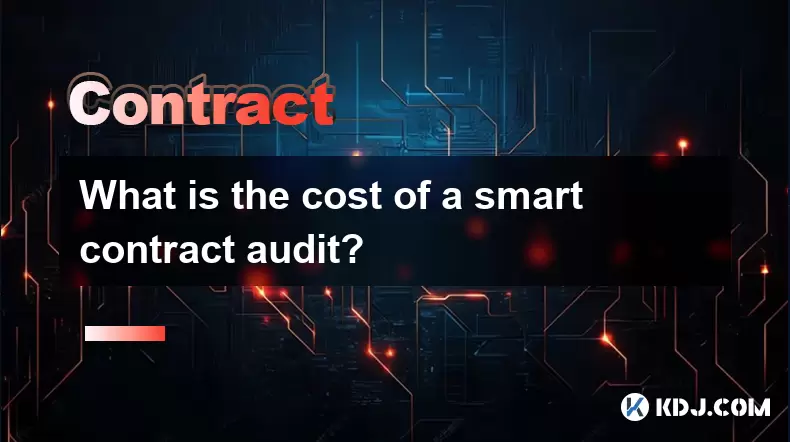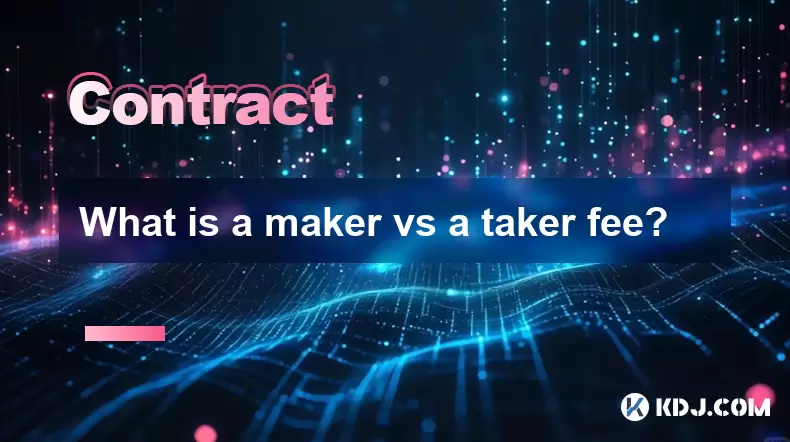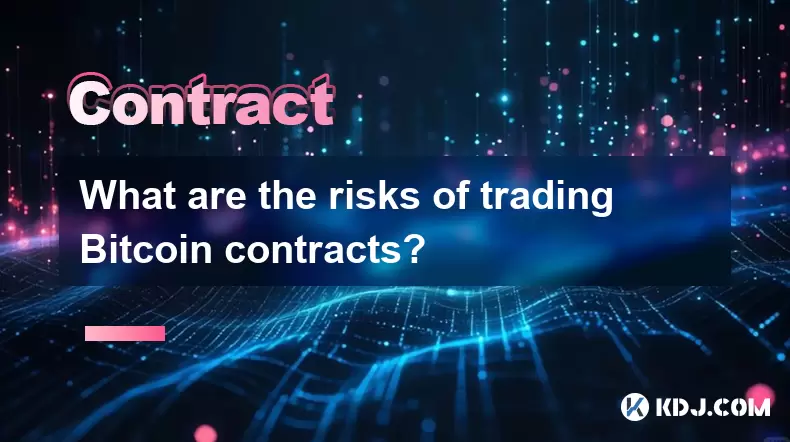-
 Bitcoin
Bitcoin $118100
-0.44% -
 Ethereum
Ethereum $3585
5.43% -
 XRP
XRP $3.434
5.65% -
 Tether USDt
Tether USDt $1.000
0.02% -
 BNB
BNB $743.8
3.89% -
 Solana
Solana $178.7
3.84% -
 USDC
USDC $1.000
0.03% -
 Dogecoin
Dogecoin $0.2381
12.81% -
 TRON
TRON $0.3270
3.62% -
 Cardano
Cardano $0.8315
4.93% -
 Hyperliquid
Hyperliquid $44.51
-4.42% -
 Stellar
Stellar $0.4710
1.52% -
 Sui
Sui $3.896
-2.51% -
 Chainlink
Chainlink $18.09
6.98% -
 Hedera
Hedera $0.2681
9.31% -
 Bitcoin Cash
Bitcoin Cash $516.7
4.83% -
 Avalanche
Avalanche $23.95
6.96% -
 Shiba Inu
Shiba Inu $0.00001490
5.67% -
 UNUS SED LEO
UNUS SED LEO $8.966
0.80% -
 Toncoin
Toncoin $3.294
4.39% -
 Litecoin
Litecoin $105.4
4.69% -
 Polkadot
Polkadot $4.356
5.30% -
 Uniswap
Uniswap $10.29
17.25% -
 Monero
Monero $327.9
-3.04% -
 Bitget Token
Bitget Token $4.942
4.33% -
 Ethena USDe
Ethena USDe $1.001
0.08% -
 Pepe
Pepe $0.00001348
2.17% -
 Dai
Dai $1.000
0.02% -
 Aave
Aave $320.8
0.58% -
 Bittensor
Bittensor $411.8
-4.07%
What is the cost of a smart contract audit?
Smart contract audit costs vary based on code complexity, auditor expertise, blockchain platform, and project scope, with prices typically ranging from $5,000 to over $50,000.
Jul 10, 2025 at 06:28 pm

Understanding the Factors That Influence Smart Contract Audit Costs
The cost of a smart contract audit varies significantly depending on several key factors. One of the most critical determinants is the complexity of the smart contract code. Contracts with advanced logic, multiple functions, or integration with other protocols typically require more time and effort to analyze thoroughly. Another major factor is the reputation and expertise of the auditing firm. Well-known firms like ConsenSys Diligence, Trail of Bits, or CertiK often charge premium rates due to their track record and experience.
Additionally, the blockchain platform on which the smart contract operates plays a role in determining the cost. Ethereum-based contracts may have different auditing requirements compared to those on Binance Smart Chain or Solana. The size of the codebase, measured in lines of code (LOC), also directly impacts pricing. Lastly, whether the audit is internal or external, and if it includes post-audit support, can influence the final price tag.
Typical Price Ranges for Smart Contract Audits
While prices can vary widely, many audits fall within a general range. For smaller projects with straightforward contracts, costs can start from $5,000 to $10,000. Mid-sized projects with moderate complexity usually see audit fees between $10,000 and $25,000. Larger, enterprise-level contracts with extensive codebases and integrations often exceed $25,000, sometimes reaching up to $50,000 or more.
It’s important to note that some firms offer hourly billing models, while others provide fixed-price contracts based on project scope. Startups or open-source initiatives may benefit from discounted or even free audits through programs offered by certain organizations. However, these are rare and typically come with specific eligibility criteria.
The Role of Code Complexity in Audit Pricing
The level of complexity in your smart contract code is one of the most influential variables affecting audit cost. A basic token contract with standard functionalities like transfer, approve, and balance checks will take less time to audit than a decentralized exchange (DEX) contract involving flash loans, liquidity pools, and complex governance mechanisms.
Auditors assess not only the presence of known vulnerabilities like reentrancy or integer overflows but also how custom logic interacts with external contracts. The more interdependencies and conditional statements present in the code, the longer the review process becomes. This extended time translates into higher labor costs, which are passed on to the client.
Choosing the Right Auditing Firm
Selecting an appropriate auditing firm has a direct impact on both the quality of the audit and its associated cost. Established firms bring proven methodologies and experienced auditors, but they also command higher fees. Smaller or newer firms might offer lower prices, but they may lack the depth of knowledge required for complex systems.
Some firms specialize in particular blockchain ecosystems. For instance, if you're deploying on Polygon or Avalanche, choosing a firm with experience on those chains could improve the effectiveness of the audit. It's crucial to evaluate each firm's past work, published audit reports, and client testimonials before making a decision.
What Is Included in an Audit?
A comprehensive smart contract audit typically includes manual code review, automated tool analysis, vulnerability detection, and remediation guidance. Some audits also include gas optimization reviews, formal verification, and integration testing—each adding layers of scrutiny and potentially increasing the cost.
Clients should clarify what deliverables are included before signing an agreement. Some firms provide detailed technical reports with severity ratings, while others may offer real-time collaboration with developers during the audit process. Additional services such as code rewriting assistance or follow-up audits after fixes are applied may also be available at extra cost.
How to Prepare for a Smart Contract Audit
Proper preparation can reduce both the time and cost of an audit. Begin by ensuring your code is clean, well-documented, and follows best practices. Use tools like Slither or Solhint to perform preliminary checks and fix any obvious issues before the audit begins.
Provide auditors with clear documentation, including architecture diagrams, design specifications, and intended usage scenarios. Ensure all dependencies and third-party libraries are clearly noted. If possible, conduct unit tests and integration tests beforehand to demonstrate functionality and help auditors focus on deeper security concerns.
Frequently Asked Questions
Q: Can I get a partial audit of my smart contract?
Yes, some firms offer partial audits focused on specific components or high-risk areas. However, this approach may leave other parts of the contract unchecked, potentially missing interconnected vulnerabilities.
Q: Are there open-source tools that can replace a professional audit?
While tools like MythX, Oyente, or Securify can detect common vulnerabilities, they cannot fully substitute for a manual audit by experienced professionals who understand context-specific risks.
Q: Do audit firms guarantee zero vulnerabilities post-audit?
No reputable audit firm offers a 100% guarantee against future exploits. Audits significantly reduce risk but cannot eliminate it entirely due to evolving threats and potential undiscovered edge cases.
Q: How long does a typical audit take?
Most audits take between two to six weeks, depending on the size and complexity of the contract, as well as the auditor’s current workload and availability.
Disclaimer:info@kdj.com
The information provided is not trading advice. kdj.com does not assume any responsibility for any investments made based on the information provided in this article. Cryptocurrencies are highly volatile and it is highly recommended that you invest with caution after thorough research!
If you believe that the content used on this website infringes your copyright, please contact us immediately (info@kdj.com) and we will delete it promptly.
- Penny Altcoins Eyeing $1 in Q3 2025: Cardano, BlockchainFX, and the Hunt for Crypto Gold
- 2025-07-19 05:10:13
- Trump, Stablecoins, and New Laws: A Crypto Revolution?
- 2025-07-19 05:10:13
- Princess Anne's 75th Birthday: A Royal First and a Celebration of Duty
- 2025-07-19 04:50:13
- Flare Crypto: Powering the Decentralized Future with a Robust Data Backbone
- 2025-07-19 04:55:13
- Bitcoin's Record Highs: Navigating Risk Assets in the Crypto Craze
- 2025-07-19 05:00:13
- Passive Income Revolution: Crypto Cloud Mining in 2025
- 2025-07-19 05:05:13
Related knowledge

What is a maker vs a taker fee?
Jul 19,2025 at 01:14am
Understanding the Basics of Cryptocurrency Exchange FeesIn the world of cryptocurrency trading, maker vs taker fees are a fundamental concept that eve...

What is a partial liquidation?
Jul 19,2025 at 01:49am
Understanding the Basics of Partial LiquidationIn the world of cryptocurrency trading, especially within leveraged positions, partial liquidation refe...

Example of a Bitcoin futures trade
Jul 19,2025 at 12:43am
Understanding Bitcoin Futures TradingBitcoin futures trading is a financial instrument that allows investors to speculate on the future price of Bitco...

Can US citizens trade on Bybit or Binance futures?
Jul 18,2025 at 10:14pm
Understanding the Legal Status of US Citizens on Global Crypto ExchangesThe question of whether US citizens can trade on Bybit or Binance futures is o...

Understanding Bitcoin options contracts
Jul 18,2025 at 10:56pm
What Are Bitcoin Options Contracts?Bitcoin options contracts are financial derivatives that allow traders to speculate on the future price of Bitcoin ...

What are the risks of trading Bitcoin contracts?
Jul 19,2025 at 03:49am
Market Volatility and Price FluctuationsTrading Bitcoin contracts involves exposure to extreme market volatility, which is one of the most significant...

What is a maker vs a taker fee?
Jul 19,2025 at 01:14am
Understanding the Basics of Cryptocurrency Exchange FeesIn the world of cryptocurrency trading, maker vs taker fees are a fundamental concept that eve...

What is a partial liquidation?
Jul 19,2025 at 01:49am
Understanding the Basics of Partial LiquidationIn the world of cryptocurrency trading, especially within leveraged positions, partial liquidation refe...

Example of a Bitcoin futures trade
Jul 19,2025 at 12:43am
Understanding Bitcoin Futures TradingBitcoin futures trading is a financial instrument that allows investors to speculate on the future price of Bitco...

Can US citizens trade on Bybit or Binance futures?
Jul 18,2025 at 10:14pm
Understanding the Legal Status of US Citizens on Global Crypto ExchangesThe question of whether US citizens can trade on Bybit or Binance futures is o...

Understanding Bitcoin options contracts
Jul 18,2025 at 10:56pm
What Are Bitcoin Options Contracts?Bitcoin options contracts are financial derivatives that allow traders to speculate on the future price of Bitcoin ...

What are the risks of trading Bitcoin contracts?
Jul 19,2025 at 03:49am
Market Volatility and Price FluctuationsTrading Bitcoin contracts involves exposure to extreme market volatility, which is one of the most significant...
See all articles

























































































